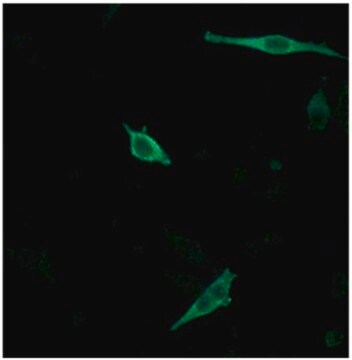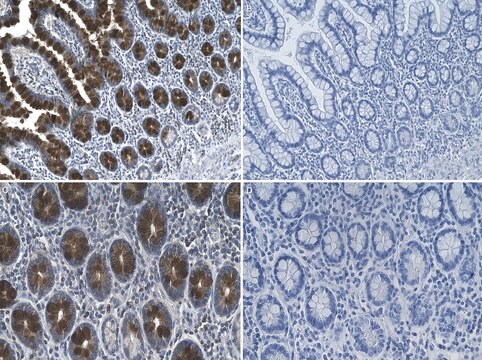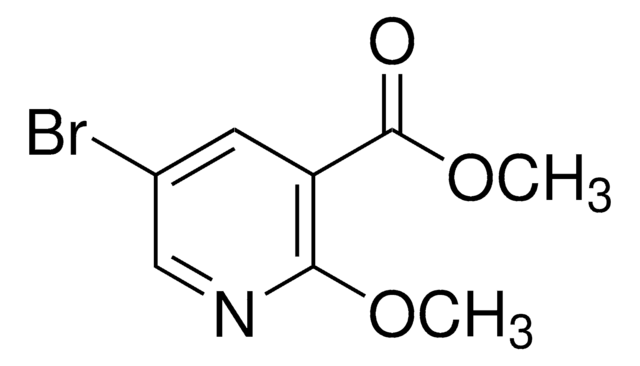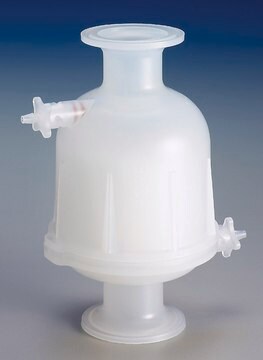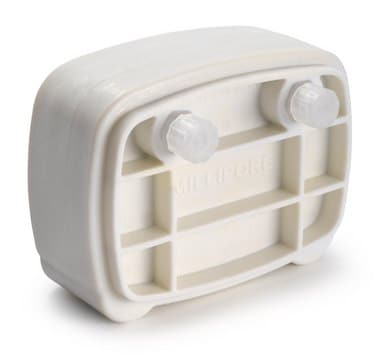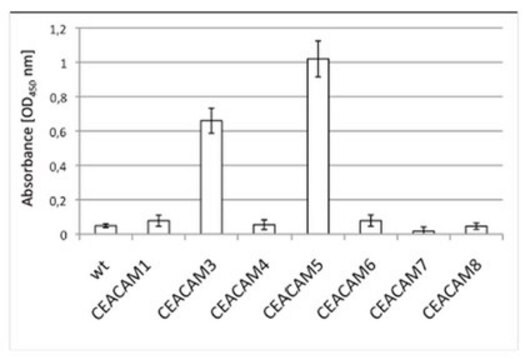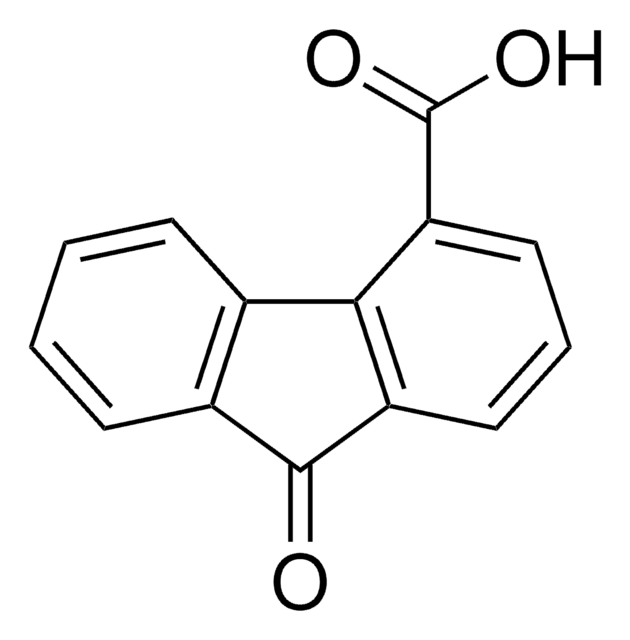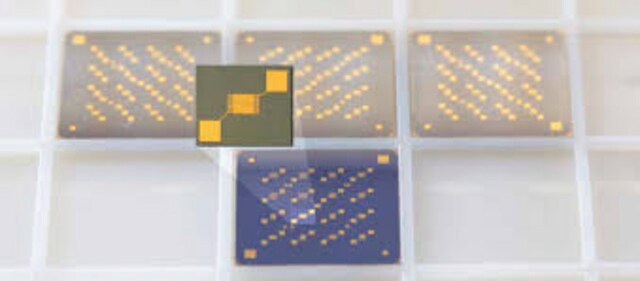MABT65
Anti-CEACAM1 Antibody, clone 4D1/C2
clone 4D1/C2, from mouse
Sinónimos:
Carcinoembryonic antigen-related cell adhesion molecule 1, Biliary glycoprotein 1, BGP-1, CD66a
About This Item
Productos recomendados
biological source
mouse
Quality Level
antibody form
purified antibody
antibody product type
primary antibodies
clone
4D1/C2, monoclonal
species reactivity
human
technique(s)
ELISA: suitable
flow cytometry: suitable
immunohistochemistry: suitable
western blot: suitable
isotype
IgG1κ
NCBI accession no.
UniProt accession no.
shipped in
wet ice
target post-translational modification
unmodified
Gene Information
human ... CEACAM1(634)
General description
Immunogen
Application
Western Blot Analysis: A representative lot was used by an independent laboratory to detect CEACAM1 in human granulocyte lysate (Bogoevska, V. et al., (2006). Glycobiology. 16(3): 197–209).
Flow Cytometry Analysis: A representative lot was used by an independent laboratory to detect CEACAM1 in human granulocytes by FACS analysis (Bogoevska, V. et al., (2006). Glycobiology. 16(3): 197–209).
Cell Structure
Adhesion (CAMs)
Quality
Western Blot Analysis: 0.5 µg/mL of this antibody detected CEACAM1 in 10 µg of HepG2 cell lysate.
Target description
Bands are usually observed at ~120-160 kDa, resulting from different glycosylations (Lauke, H., et al. (2004). Mol. Hum. Reprod. 10(4):247-252).
Physical form
Storage and Stability
Analysis Note
HepG2 cell lysate
Other Notes
Disclaimer
¿No encuentra el producto adecuado?
Pruebe nuestro Herramienta de selección de productos.
Storage Class
12 - Non Combustible Liquids
wgk_germany
WGK 1
flash_point_f
Not applicable
flash_point_c
Not applicable
Certificados de análisis (COA)
Busque Certificados de análisis (COA) introduciendo el número de lote del producto. Los números de lote se encuentran en la etiqueta del producto después de las palabras «Lot» o «Batch»
¿Ya tiene este producto?
Encuentre la documentación para los productos que ha comprado recientemente en la Biblioteca de documentos.
Nuestro equipo de científicos tiene experiencia en todas las áreas de investigación: Ciencias de la vida, Ciencia de los materiales, Síntesis química, Cromatografía, Analítica y muchas otras.
Póngase en contacto con el Servicio técnico